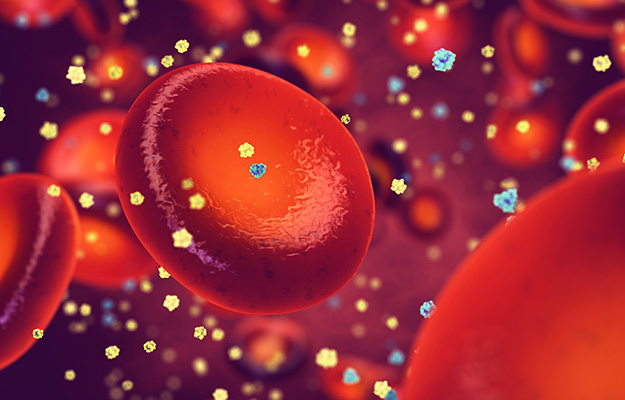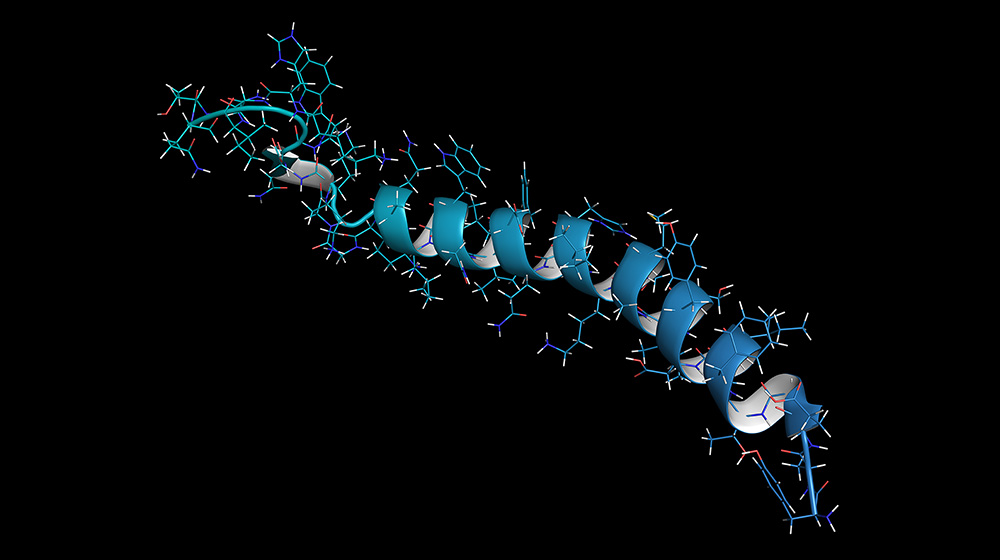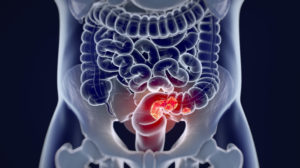Diabetes is a rampant condition that affects about 422 million people worldwide. The majority of these cases are in low-and middle-income countries. Each year, diabetes causes 1.6 million deaths and steadily increases over the past decades.
What we know about diabetes is that it causes a dramatic increase in a person’s sugar level and that there are two main types. Type 1 diabetes occurs when the body’s immune system attacks the cells that produce insulin. Meanwhile, Type 2 diabetes results from inadequate insulin or when the cells do not react with insulin.
Type 2 is far more common than type 1. According to the Centers for Disease Control and Prevention, about 1 out of 10 Americans have diabetes, and 90-95% have type 2 diabetes.
Over time, high glucose levels in the blood can cause serious complications. The vascular complications of diabetes are the most severe manifestations of the disease. These vascular complications include atherosclerosis being the main reason for impaired life expectancy in patients with diabetes. In contrast, diabetic kidney disease, retinopathy (eye damage) are the most significant contributors to end-stage kidney disease and blindness.
The most well-established clinical advances in preventing vascular diabetic complications include intensive blood-glucose-lowering and retinopathy, antihypertensive medicine, and statin therapy, reducing the risk of cardiovascular disease. Despite these advances, diabetes complications remain an enormous problem. Its public health impact will continue to grow due to the expected increase in the prevalence of diabetes.
Read the original publication of this study here: [ Incretin drugs effect on epigenetic machinery: New potential therapeutic implications in preventing vascular diabetic complications ]
Learn how incretin drugs could prevent vascular diabetic complications

Incretin drugs effect on epigenetic machinery: New potential therapeutic implications in preventing vascular diabetic complications
Incretin drugs are gastrointestinal polypeptide hormones generally prescribed for patients that act to modulate insulin secretion from pancreatic beta cells.
These hormones include glucagon-like peptide-1 (GLP-1) and gastric inhibitory peptide (GIP). They are secreted from the upper gastrointestinal tract in response to feeding. Incretin works in the pancreas, causing insulin release even before the elevation of blood glucose levels.
In this study, researchers evaluated the effect of GLP-1R agonists on DNA methylation levels of NF-κB and SOD2 genes in human aortic endothelial cells exposed to high glucose. NF-κB is a protein complex that controls DNA transcription and is involved in inflammation development and progression. SOD2 genes bind and convert superoxide byproducts to hydrogen peroxide and diatomic oxygen.
For seven days, human endothelial cells were exposed to high glucose and treated with GLP-1R agonists. Methylation levels, mRNA, and protein expression of NF-κB and SOD2 genes were then measured after that.
In addition, GLP-1R agonists were also evaluated in diabetic patients treated and not treated with incretin-based drugs. The methylation status of NF-κB and SOD2 promoter was analyzed in 128 diabetics and 116 nondiabetics and correlated with intima-media thickness (ITM), an early determinant of the atherosclerotic process.
Preliminary results showed that cells exposed to high glucose have lower NF-κB and SOD2 methylation levels, increased NF-κB and reduced SOD2 expression than normal glucose cells. Specifically, in people with diabetes, incretin treatment resulted in a significant predictor of NF-κB DNA methylation, independently of age, sex, body mass index (BMI), glucose, and plasma lipid levels.
This study suggests that treating diabetes with incretin GLP-1 agonists prevented methylation and gene expression changes induced by high glucose. Incretin drugs could aid in preventing vascular diabetic complications at the epigenetic level alongside other therapies and lifestyle modifications.
Takeaways:
- Each year, diabetes causes 1.6 million deaths and steadily increases over the past decades.
- These vascular complications include atherosclerosis being the main reason for impaired life expectancy in patients with diabetes. In contrast, diabetic kidney disease, retinopathy (eye damage) are the most significant contributors to end-stage kidney disease and blindness.
- The incretin pathway provides several potential targets for therapy of type 2 diabetes, the main ones being DPP-4 inhibitors and GLP-1 analogs.





